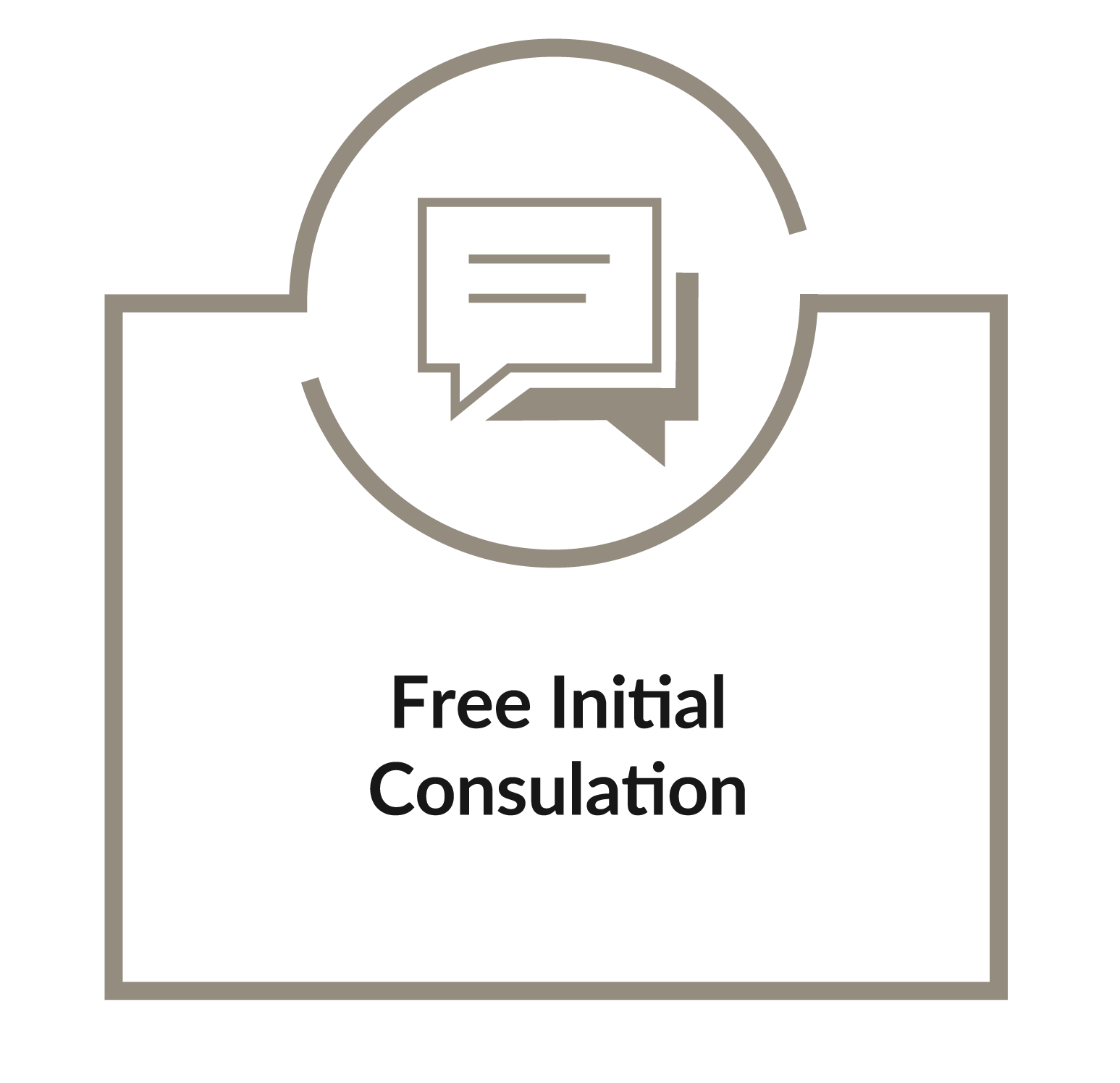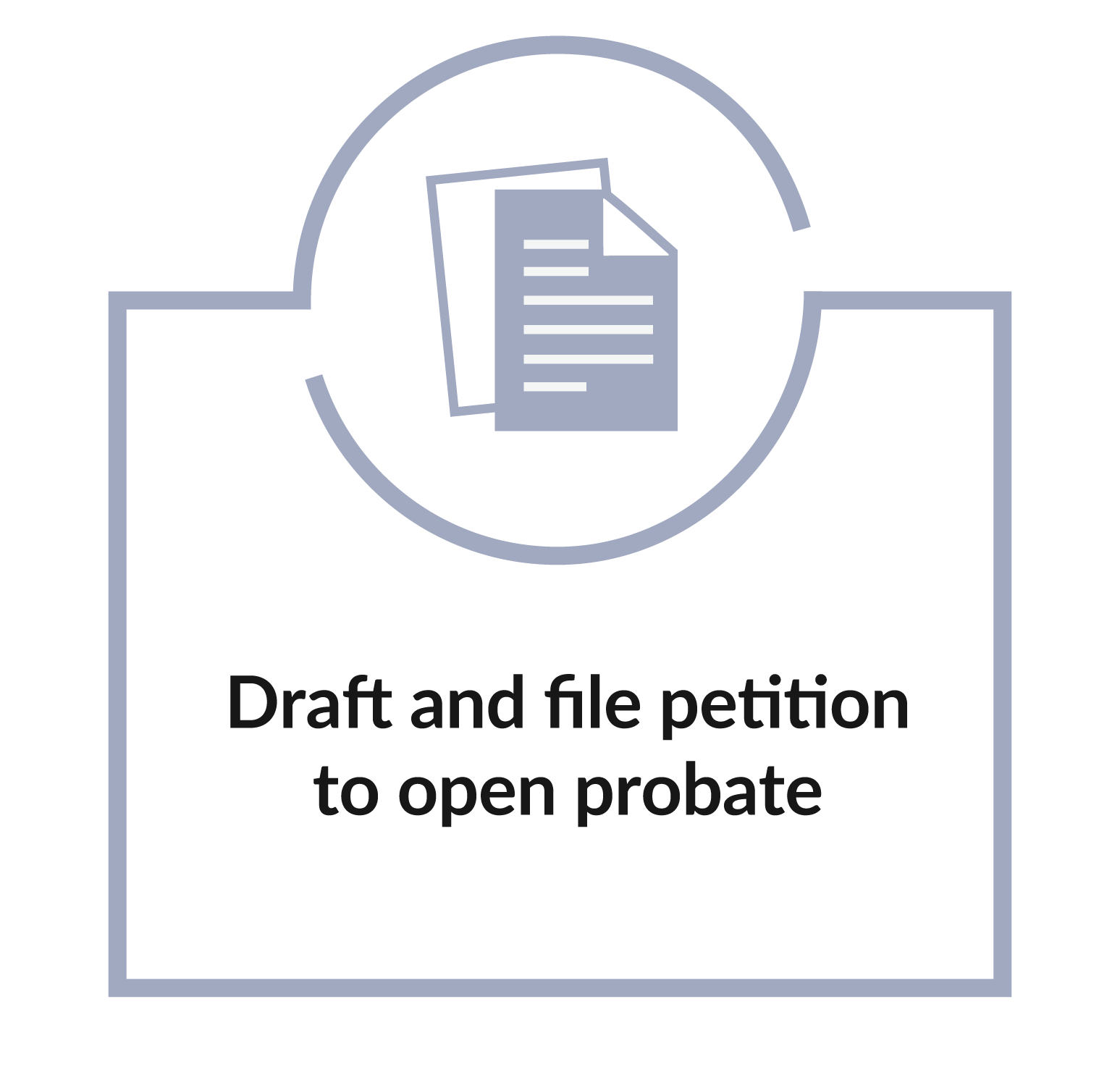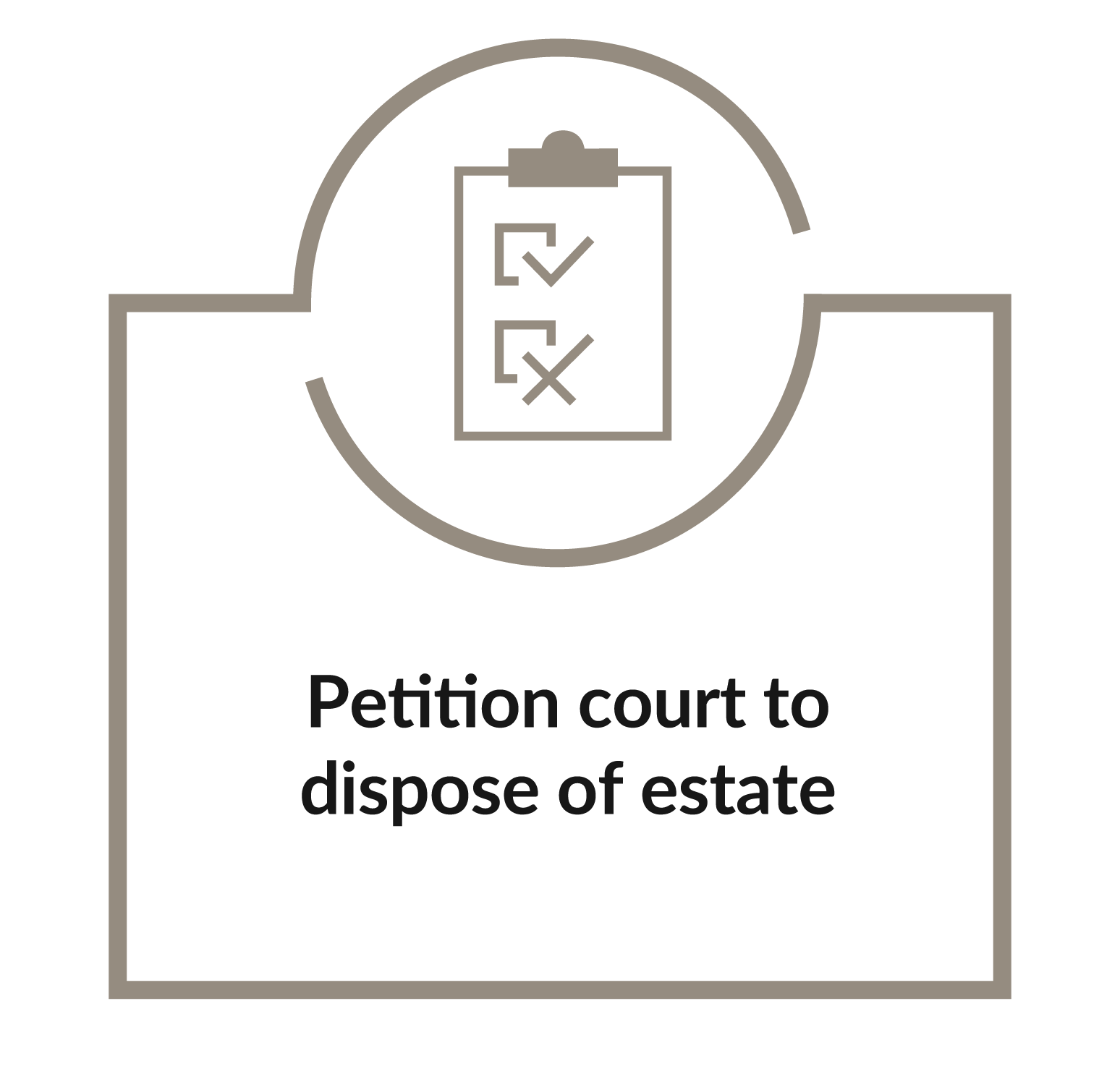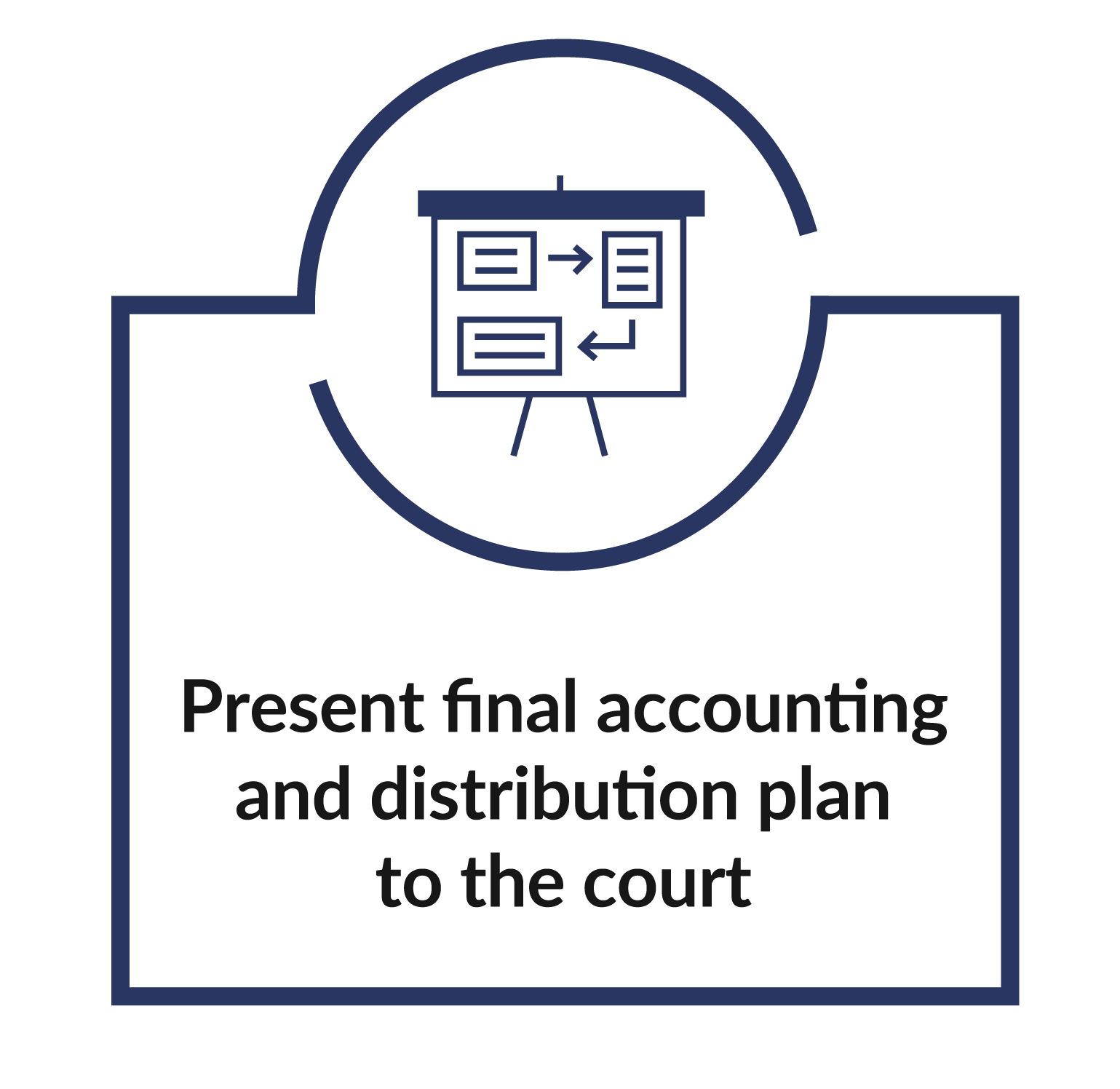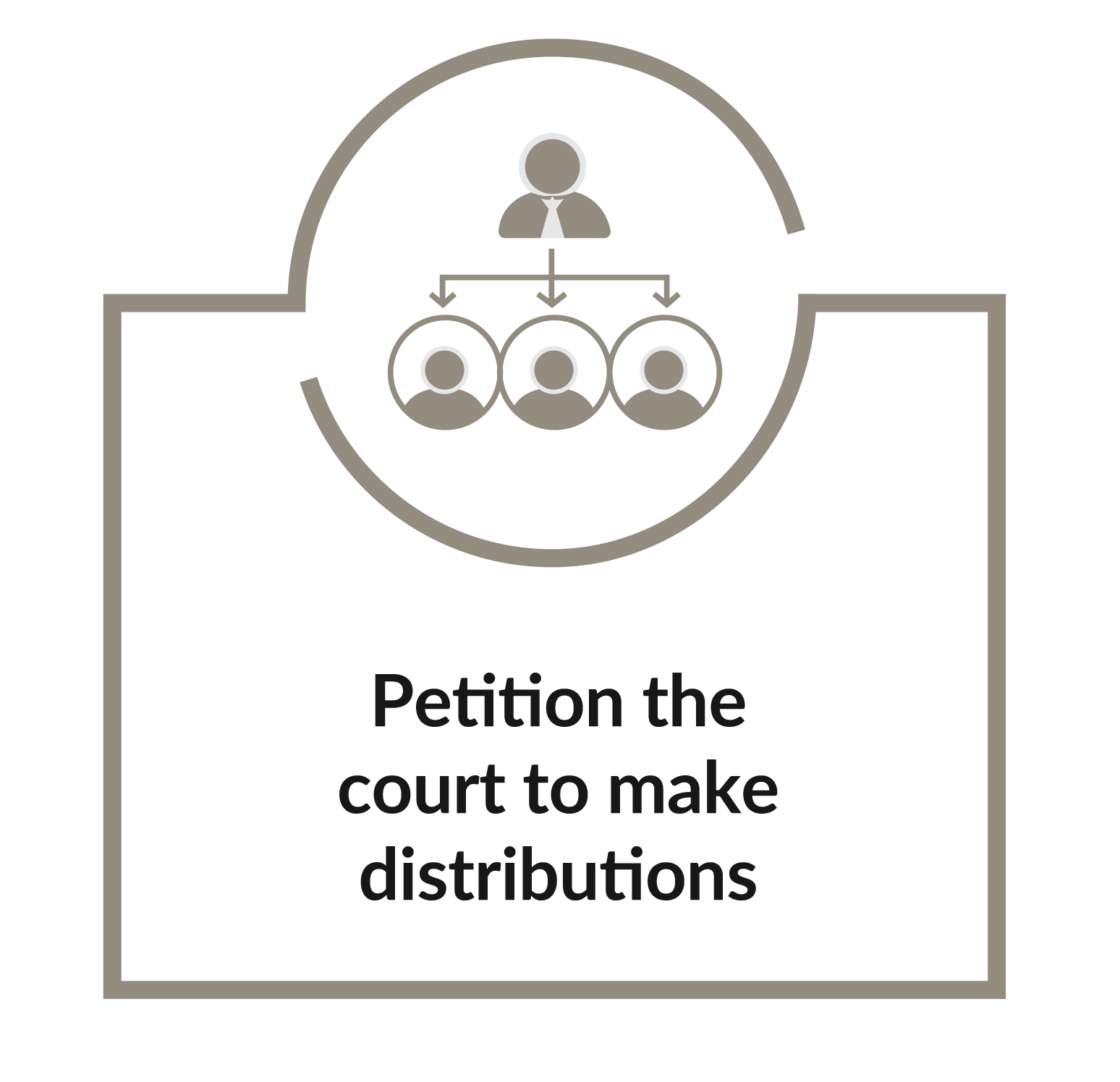Probate
Your partners in probate
from start to finish.
What is probate?
Probate is the legal procedure that someone’s estate will go through after they pass away. Without a plan, your possessions will be collected and transferred through the court process.

How does probate work?
Probate is the court process that distributes your property after your death to your creditors or heirs. The probate process can take many months and even years in some cases. The court appoints someone to sell your non-gifted property, notify the public of the estate, pay creditors, distribute property to your heirs, and fight any legal battles that surface against the estate along the way. It is often a long and expensive process. Probate can delay or even ignore your wishes for distribution of your property. This can affect whether a loved one receives funds for their special needs or for expenses, such as paying for a wedding or college. Probate can affect how your pet is cared for. It can disrupt any business that you may have, even to the point of bankruptcy. Finally, probate is not private. If you do not want your estate and all the probate proceedings to be a matter of public record you will want to avoid probate.
How we can help
Probate can be expensive, drawn out, and stressful. Navigating probate while also dealing with the loss of a loved one can be mentally and emotionally difficult. If your loved one passed away without a well-prepared estate plan in place, we can help. Our primary role would be to guide and support you through the complexities and potential road blocks involved in probate.

To help your experience to be smooth and carried out within the law, we could assist you in the following ways:
- Initiate the probate process
- Interpreting the will
- Identify and assist in valuing assets
- Publish legal notices
- Handle creditor claims
- Navigate legal proceedings
- Communicate with beneficiaries
- Advice on conversion of assets to cash
- Prepare and file court documents
- Resolve disputes
- Distribute assets
- Account and report
- Close the estate

Our Process
Frequently Asked Questions
What is the difference between a will and a trust?
A will mainly provides for the distribution of your property to your named heirs through the probate process. It states your wishes to guide the court in its decisions. However, issues with the will or its execution could make it invalid. This could cause the court to go through the probate process without the will.
A trust, on the other hand, is a legal plan that you would set up before your death or incapacity. Its purpose is to hold your property throughout your life so that when you die the property can be distributed in the manner that you instruct without court involvement and without the delay, expense, and uncertainty of probate.
Not only can a trust avoid probate, but it can also allow for the distribution of assets over a long period of time. For example, your trust can instruct your successor trustee to release funds to a person upon the occurrence of certain events or can instruct funds to be released over time for a child’s upbringing.
Why do I want to avoid probate?
There are many reasons to avoid probate. These include:
- The probate process takes many months and even years in some cases.
- The court controls who gets your property and how your property is distributed.
- Probate is expensive. It can cost as much as about six percent of the total gross value of all your property. This is money that will not go to your heirs.
- Claims against the estate can cause strain on family relationships.
- Probate proceedings, including information on all your estate property, becomes available to the public.
- Probate can delay operation of your business.
- Probate can affect the way your pet is cared for.

